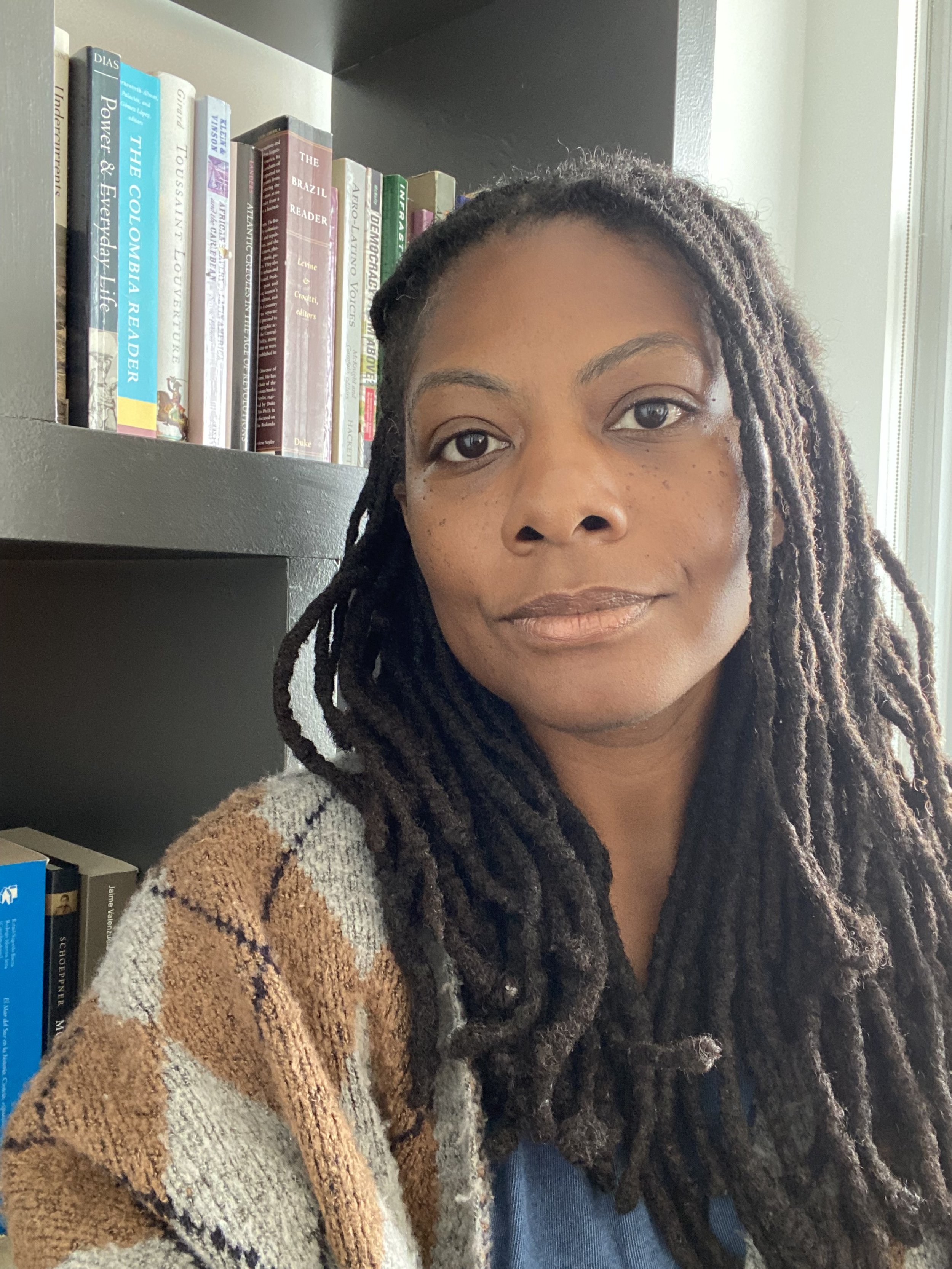founders
We founded The Wandering Scholar after meeting in New York City and discovering that we shared the same journeys and values throughout our lives. We both attended private schools on scholarship, took class trips to Mexico in high school, studied abroad in Argentina in college, and developed lifelong commitments to putting the world within reach of students from backgrounds similar to ours.
Shannon Keating
I first fell in love with travel during my senior year of high school when I studied in Cuernavaca, Mexico for three months. While not on full scholarship, like some of my travel mates, I received financial aid and would not have been able to participate in such a trip if it had not been part of my tuition package. This introduction, at a young age, to the tension between the transformative power of educational travel and the challenges of access, was early inspiration for what would one day become The Wandering Scholar. In the summer of 2009, I led a group of 15 high school students on an adventure and service learning trip through Costa Rica with Walking Tree Travel. Witnessing the personal transformation of each student throughout the trip has further solidified my desire to make international travel and learning experiences accessible to all youth.
My professional life has been committed to education within in a variety of formats from traditional classrooms to virtual platforms and with a range of audiences, from my early years as a Spanish teacher in independent schools to working with adult learners at both Boston University’s School of Public Health and at General Assembly, an educational start-up focused on advanced skills-based training in technology, design and business. I studied international relations at Georgetown University’s School of Foreign Service where I focused on language and cultural studies of Latin America and completed my EdM in International Educational Development at Boston University.
For me, the mission for this organization was born out of several formative experiences. The first came during my childhood talks with my grandfather, John Walker, who had served in the US Army. There was so much about his life as a soldier that I could not fathom, but what always captured my attention were his stories about all the places in the world where he had traveled. Because he came of age during a very different time than I had been raised in, his opportunities as a young black man from Alabama were much more constrained than mine. I knew, and he made sure I knew, that I could see the world (and even serve my country, in a way) without putting my life on the line in the process.
When I was a scholarship student at a private high school that offered international excursions as an extracurricular activity, I persuaded my school to apply some of my financial aid towards my participation. Between that and my single mother's contributions, I was able to travel abroad twice, once to Mexico and, a year later, to France. Both experiences improved my language skills and cultivated my love of travel. By the time I got to college, I knew I wanted to pursue a major that allowed me to continue building those skills and nurturing that love.
As a junior majoring in History and Latin American Studies, I was able to draw upon my earlier travel experiences (and more scholarship support) to study abroad in Argentina, where I had the chance to conduct independent research as part of my program. From there, the decision to pursue graduate study in Latin American history was both a natural and easy choice, given my early international education experiences. I never doubted my ability to immerse myself in a foreign culture and conduct in-depth research, because I had already done so at such a young age.
When I was a PhD student conducting dissertation research in Peru, with the support of a Fulbright Doctoral Dissertation Research Abroad Award, I attended a gathering of fellows based in the Andes. Looking around the room, I noticed a profound lack of racial diversity. When I shared my observation with a representative from the program, she mentioned the relative dearth of applications from scholars of color, and among those who did apply, the lack of prior international experience and familiarity with proposed host countries that would indicate an ability to carry out the kinds of ambitious projects the program funds. It was in that moment that I knew I wanted to help lead a movement for change.


